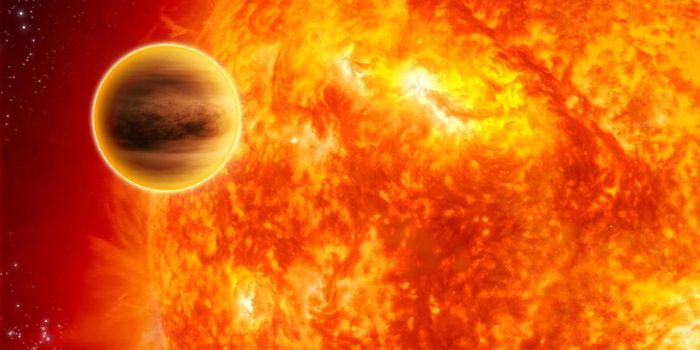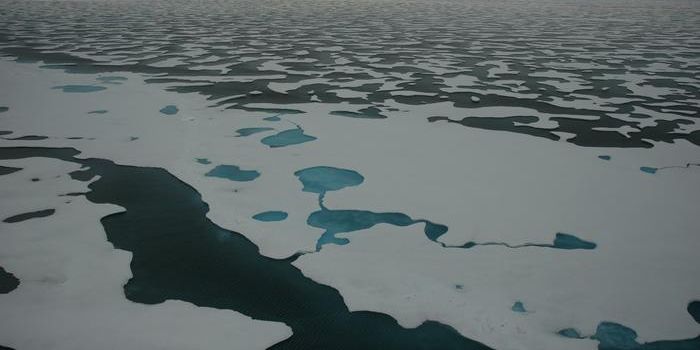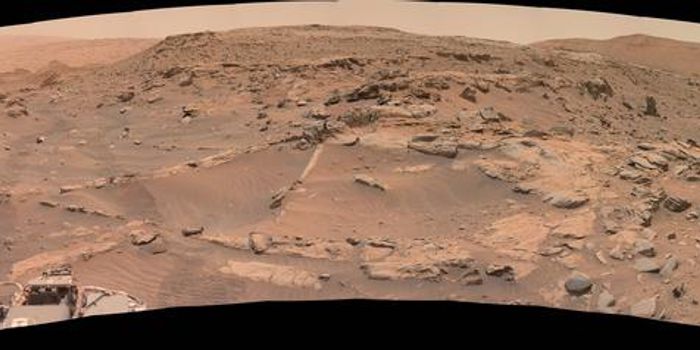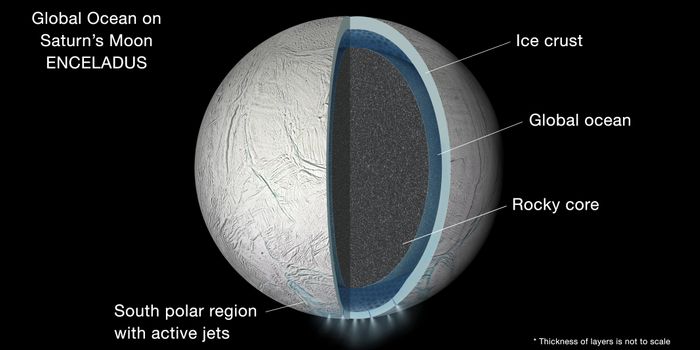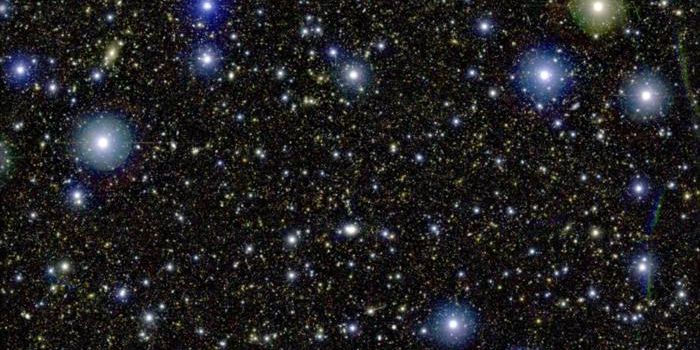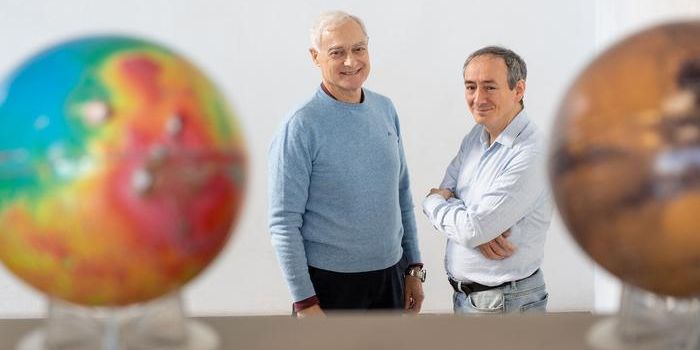One million square kilometers. That’s a big number.
And an even bigger accomplishment, if the government of French Polynesia accepts the proposed marine reserve which was brought forth by inhabitants of the Austral Islands, located in the south of French Polynesia. The 6,800 residents from the island communities of Rimatara, Rurutu, Tubuai, Raivavae, and Rapa initiated this proposal, which if approved will result in the world’s largest marine reserve as an effort to protect fish stocks and support the local fishing industry. It also would serve as a way to honor traditional fishing practices in a region whose people have always depended on the sea.
Because of the remote location of the islands and relatively low human population size, the ecological impact the communities leave is already minimal. But more can always be done, and the enactment of the proposal would further aid French Polynesia’s goal (set in 2013) to protect at least 20% of its waters by 2020. Not only would the proposal ban mining and other forms of extraction within the reserve, but it would extend protection to marine animals other than the sharks and marine mammals that French Polynesia’s current legislation already accounts for. This is key, as the area supports great biodiversity, with three species of sea turtles, 10 species of marine mammals, 14 species of sharks, four species of rays, and 60 pelagic fish species. The region also sports 455 species of mollusk, more than 20 percent of which—98 species—are endemic.

There are several reasons why the marine environment around this region remains so intact. First off, no foreign fishing is allowed, and the annual production of fish is a mere 6,000 tons from all of French Polynesia, with only 2% of that accounted for from the Austral Islands. One of the main drivers of this proposal originated from islanders wanting to protect their seas from big-company outside influences - in other words, they know the benefit of keeping the fishing industry local.
This explains the other most significant reason for the islands’ intact ecology: its inhabitants actively practice strategies for its preservation. One such practice is called r?hui, which is the equivalent of crop rotation for the sea. R?hui essentially closes access to an area or specific species for a temporary time in order to foster the regrowth of that area. Indeed, if the proposal goes through, the marine reserve will be named R?hui Nui N? Tuha'a Pae in honor of this practice, which means "the big r?hui of the Austral Islands”. Tuanainai Narii, the mayor of Rapa, explained: "In the 1980s, we witnessed overfishing along our coastlines as modern fishing techniques and freezers arrived to our island. We brought our fish stocks back to healthy levels by reinstating a coastal r?hui. Now we see what is happening in the larger Pacific and recognize that more must be done to conserve pelagic fish stocks, which is why we are calling for this marine reserve as a big r?hui on the open ocean."

Perhaps most impressive aspect about this proposal is that it is completely driven by the islanders. Vice president of the Federation of the Polynesian Environmental Associations (FAPE), Frère Maxime, stated: “It was very important to consult the entire population to find out what people want for their waters. Through meetings and interviews in each village of each island, everyone was able to contribute. The proposed marine reserve is really a community-led effort by and for the population of the Austral Islands.” A community led effort that will potentially act as a global model for ocean conservation. Right on, Austral Islands!
Sources:
The Washington Post,
PR Newswire



